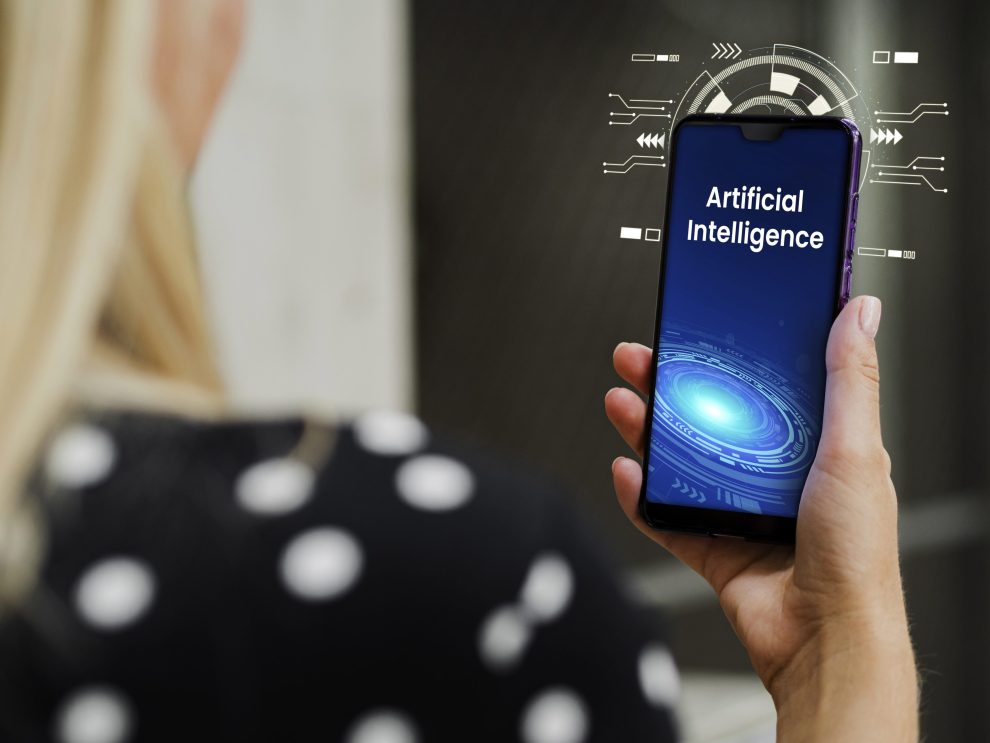The world of smartphones is constantly evolving, with new features and capabilities emerging all the time. One of the most exciting trends in recent years is the rise of artificial intelligence (AI)-powered smartphones. These devices are equipped with more advanced processors and software that enable them to perform tasks that were once the exclusive domain of computers.
But what exactly are AI smartphones, and what do they offer users? In this blog post, we will explore the ins and outs of this emerging technology, discussing its potential benefits and challenges.
What are AI Smartphones?
At their core, AI smartphones are not fundamentally different from traditional smartphones. They still have the same basic components, such as a display, a processor, memory, and a camera. However, AI smartphones are equipped with more powerful processors and specialized software that allow them to run AI applications.
These AI applications are designed to learn and adapt over time, becoming more intelligent and capable the more they are used. This enables them to perform a wide range of tasks, including:
- Facial recognition: AI can be used to unlock your phone with your face, making it more secure and convenient than traditional methods like PINs or passwords.
- Image and video enhancement: AI can be used to automatically improve the quality of photos and videos, making them sharper, brighter, and more vivid.
- Voice assistants: AI-powered voice assistants, such as Google Assistant and Siri, can be used to control your phone with your voice, hands-free.
- Personalized experiences: AI can be used to personalize your smartphone experience, learning your preferences and suggesting apps, music, and other content that you might be interested in.
- Chatbots: AI-powered chatbots can be used to provide customer service, answer questions, and even generate creative text formats of text content, like poems, code, scripts, musical pieces, email, letters, etc.

Benefits of AI Smartphones
AI smartphones offer a number of potential benefits to users, including:
- Enhanced performance: AI can be used to optimize the performance of your smartphone, making it run faster and more smoothly.
- Improved battery life: AI can be used to manage your phone’s resources more efficiently, which can lead to improved battery life.
- More intuitive and personalized experiences: AI can learn your preferences and habits, and use that information to personalize your smartphone experience.
- New and innovative features: AI opens up a world of possibilities for new and innovative features that were not possible before.
Challenges of AI Smartphones
While AI smartphones offer a number of potential benefits, there are also some challenges that need to be addressed. These challenges include:
- Privacy concerns: AI applications collect a lot of data about users, which raises concerns about privacy.
- Security risks: AI-powered smartphones could be more vulnerable to hacking and other security threats.
- Cost: AI smartphones are typically more expensive than traditional smartphones.
- Ethical considerations: The development and use of AI raises a number of ethical considerations, such as the potential for bias and discrimination.
The Future of AI Smartphones
AI smartphones are still in their early stages of development, but they have the potential to revolutionize the way we use our mobile devices. As AI technology continues to evolve, we can expect to see even more powerful and sophisticated AI features integrated into smartphones in the years to come.
















Add Comment